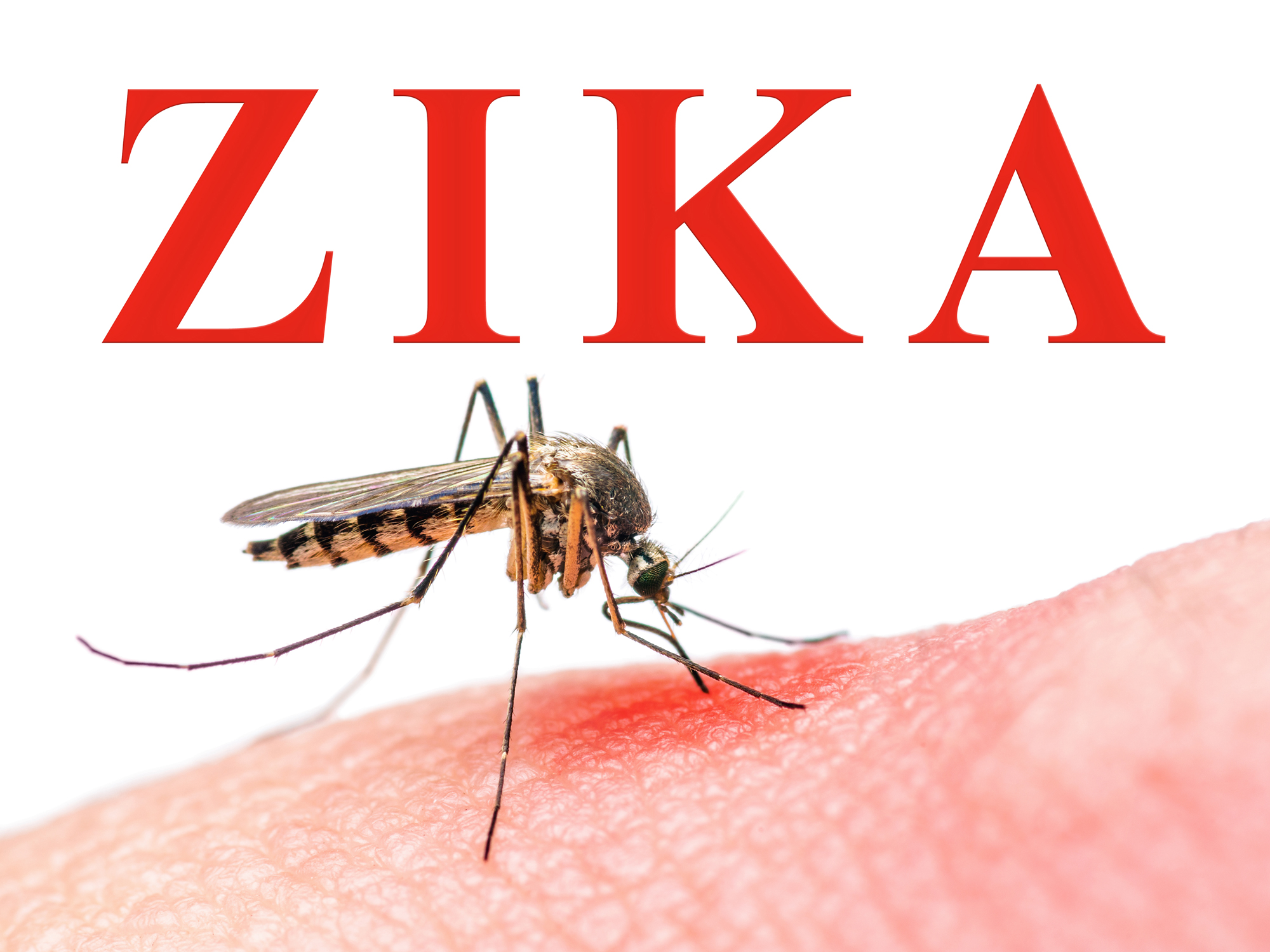Get Easy Health Digest™ in your inbox and don’t miss a thing when you subscribe today. Plus, get the free bonus report, Mother Nature’s Tips, Tricks and Remedies for Cholesterol, Blood Pressure & Blood Sugar as my way of saying welcome to the community!
Avoid Zika’s Alzheimer’s threat

There’s a lot scientists still don’t know about the Zika virus. But one thing is for sure…
It’s officially made its way stateside and that’s downright alarming. Over 30 people have contracted Zika through bites from local mosquitoes in Florida since July.
And that’s not just bad news for pregnant women and their babies… there’s still a big question mark about how the Zika virus affects the long-term health of adults like you too.
Right now, scientists estimate that about four out of five adults who contract Zika have no visible symptoms. Those who do, usually have mild symptoms including fever, rash, joint pain and red eyes.
Of course, scientists are uncovering new information about Zika every day. And their latest discovery shows that Zika could have some long-term consequences on your brain health…
You’ve probably already heard that some adults who are infected with Zika develop Guillain-Barré syndrome, a neurological condition that can result in temporary paralysis. Those are rare and extreme cases. But they demonstrate how Zika can infiltrate your nervous system.
But even if you don’t develop an extreme reaction like Guillain-Barré, Zika could still be very bad for your brain…
Researchers from the Rockefeller University and La Jolla Institute for Allergy and Immunology studied the impact of Zika on the brains of adult mice and found that the virus can hijack their brain’s stem cells. Zika’s infiltration of these brain cells eventually leads to cell death and a decline in the development of new brain cells.
Zika didn’t affect the whole brain, however. Its damage was limited to two specific regions: the forebrain and the hippocampus. Based on the parts of the brain affected, researchers believe Zika could lead to memory loss, depression and even Alzheimer’s disease.
“Zika can clearly enter the brain of adults and can wreak havoc,” says Sujan Shresta, a professor at the La Jolla Institute of Allergy and Immunology. “But it’s a complex disease — it’s catastrophic for early brain development, yet the majority of adults who are infected with Zika rarely show detectable symptoms. Its effect on the adult brain may be more subtle, and now we know what to look for.”
Now, your brain cells aren’t something you can afford to lose. That’s why, if you want to play it safe, you need to turn to natural methods for Zika prevention before you’re dealing with the more serious consequences of the virus. A few common-sense, natural prevention methods you can take include:
- Staying inside during peak mosquito times (dusk and dawn).
- Avoiding tight, dark clothes that attract mosquitoes.
- Using effective natural mosquito repellants like those made with lemon eucalyptus oil or catnip oil.
- Supporting your immune system with natural anti-virals like vitamins D (the world’s most powerful anti-viral vitamin) and C, oregano oil and olive leaf extract.
Sources:
-
“Daily Florida Zika virus tracker.” The Miami Herald. http://www.miamiherald.com. Retrieved August 18, 2016.
-
“Zika and Guillain-Barré Syndrome.” The Centers for Disease Control and Prevention. http://www.cdc.gov. Retrieved August 18, 2016.
-
Hongda Li et al. Zika Virus Infects Neural Progenitors in the Adult Mouse Brain and Alters Proliferation. Cell Stem Cell, August 2016.












